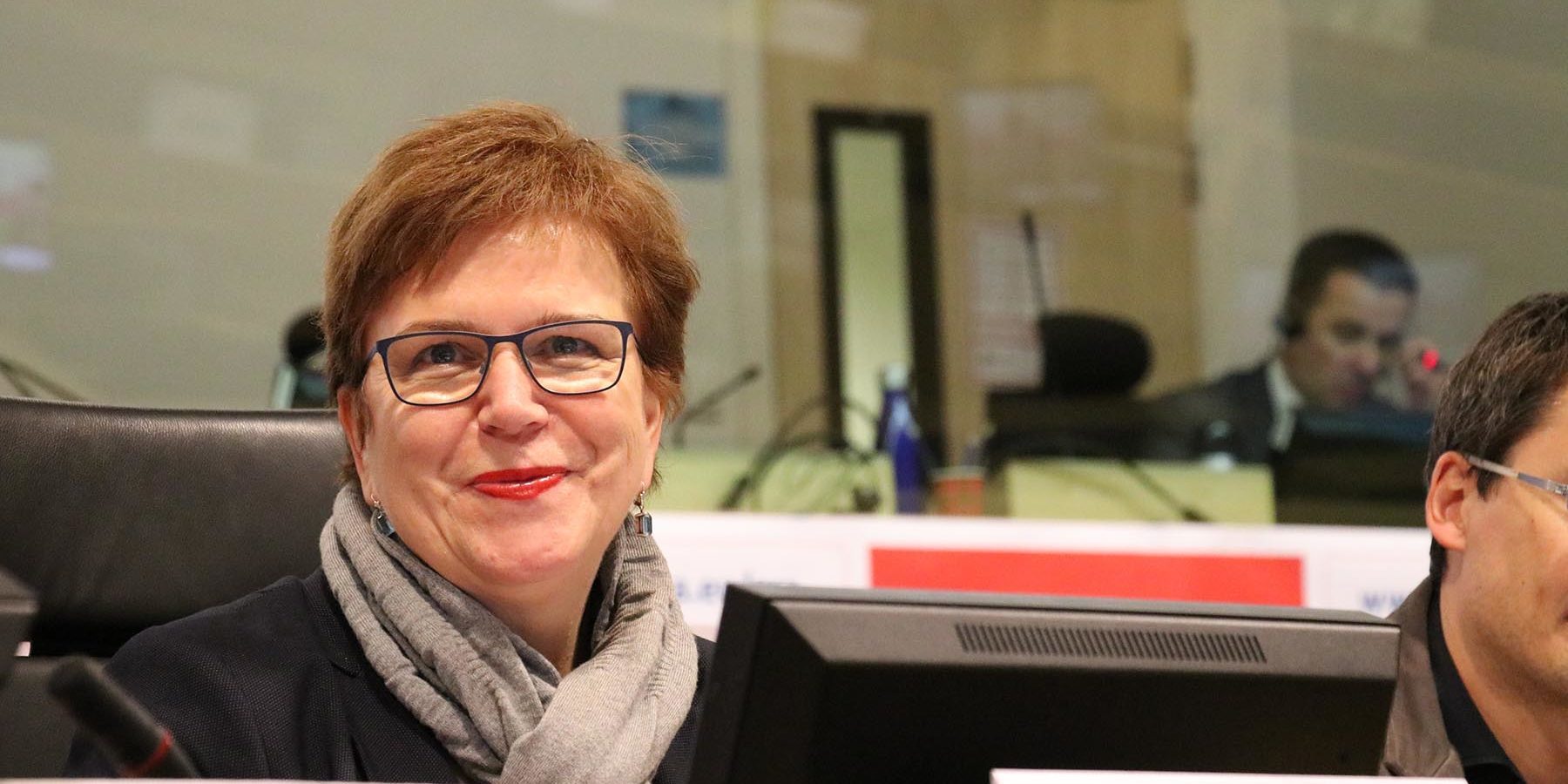
Trade unions grapple with the digitalised economy
At the recent launch of their new report on trade unions and digitalised economy, the European Economic and Social Committee (EESC) President Gabriele Bischoff said it was important trade unions should have a clearer picture of the quickening pace of digital transformation.

Workers' organisations need to be ‘better prepared and more active when it comes to promoting good practice, anticipating digital change and ensuring that no one is left behind in the transition’, stated the EESC President at launch of their new study on trade unions and digitalisation. According to Gabriele Bischoff, this new report will assist trade unions in their endeavours to respond positively to growing digitalisation of Europe’s economies.
The report, titled ‘Overview of the national strategies on work 4.0 – a coherent analysis of the role of social partners’ was authored by Anna Bihovskaya, of the Trade Union Advisory Committee to the OECD (TUAC). The study primarily addresses the growing number of European Union policy developments on digital transformation and the future of work, focusing on the role of social partners in digital transformation in a series of different work situations, where tri-partite policy steering has a role to play. According to the EESC, the report will help social partners develop strategies to encourage a fair and just transition and to secure EU funds to help ensure this outcome.
The report will help social partners develop strategies to encourage a fair and just transition.
Up to 14 per cent of European jobs are at risk of being automated, stated Bischoff. She noted that in this changing digital climate, trade unions, more than ever, need to strengthen the support systems for their members. They also need to respond pro-actively to developments such as changes in working time, growth in the number of mobile workers, the rise in the surveillance of workers and increased data-protection issues.
In this changing digital climate, trade unions, more than ever, need to strengthen the support systems for their members
The EESC leader believes that trade unions need to be more involved in the implementation of Artificial Intelligence in terms of developing strong advocacy mechanisms for members and creating a trade union narrative on AI developments.
Bihovskaya noted that trade unions need to develop broader strategies when it comes to the digital agenda, covering issues such as connectivity, data protections, digital diffusion and investments in digital skills. In terms of responding to labour market transformations, social protection and training needs, the researcher cited the Swedish Job Security Councils as a possible template for good practice around collective bargaining and social partners cooperation.
Trade unions need to develop broader strategies when it comes to the digital agenda, covering issues such as connectivity, data protections, digital diffusion and investments in digital skills
When it comes to digitalisation and a just transition, good practice could entail procuring finances for training opportunities, creating new transitional structures in the world of work and positively responding to the challenges of climate change. Bihovskaya believes that trade unions have the funds and the capacity to offer improved career guidance, re-training and bargaining positions, when it comes to dealing with lay-offs due to developments in digitalisation. Social partners need to be more actively involved in labour market provisions, she added, giving the IG Metall deal which focused on work/life balance as positive example of trade unions grappling with the impact of digitalisation and a just transition.
Franca Salis-Madinier, of the CFDT and Eurocadres member, told attendees that ‘digitalisation cannot be allowed to create losers and worsen workers’ conditions. Trade unions need to manage change and process to ensure digitalisation benefits all, putting humans at the centre of the process’.
Bischoff rounded off proceeding by profiling the needs for a strong directive for transparent and predictable working conditions, as this would be fundamental in addressing the new forms of work emerging through digitalisation.
‘We here at Eurocadres have long stated the importance of social partners working together with governments to tackle the challenges of digitalisation.
Speaking at the launch of the EESC report, Lieve Verboven, Director of ILO Brussels, noted the importance of greater trade union engagement in this area, saying that the ‘platform economy is one of the huge challenges we face’, referencing her organisation’s work profiled in their report ‘Digital Labour Platforms and the Future of Work – Towards Decent Work in the Online World’. The ILO will host a conference with the European Commission on the future of work in April of this year.
Eurocadres President Martin Jefflén welcomed the new EESC report: ‘We here at Eurocadres have long stated the importance of social partners working together with governments to tackle the challenges of digitalisation and the creation of a just transition. This remains a key policy priority for us.’
